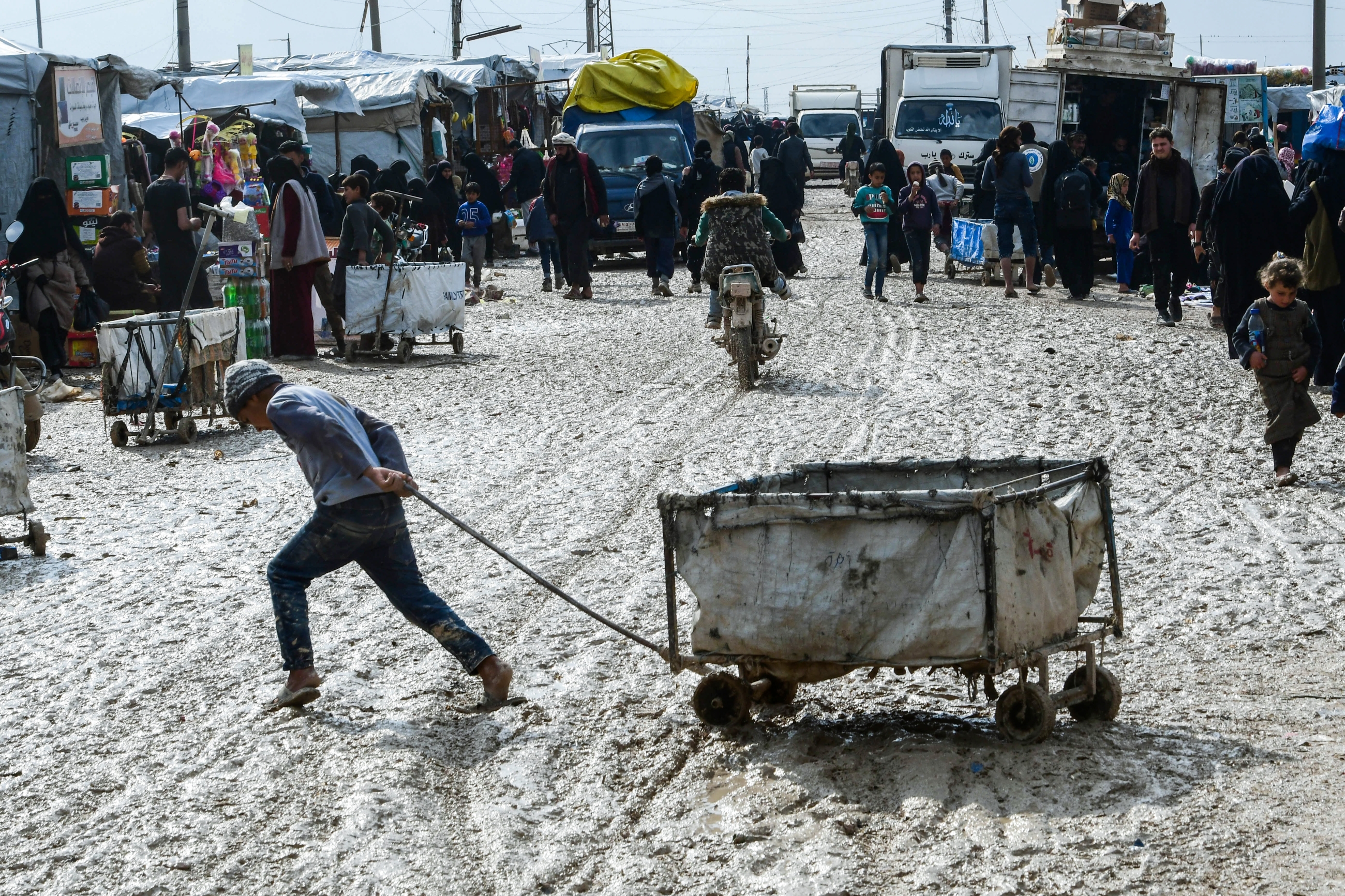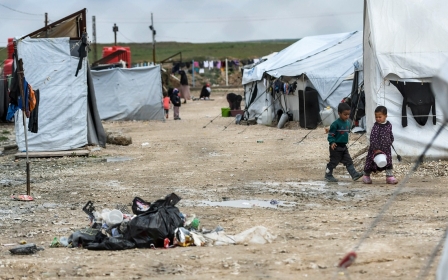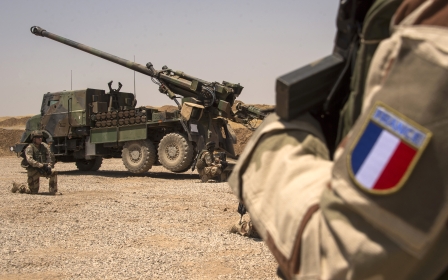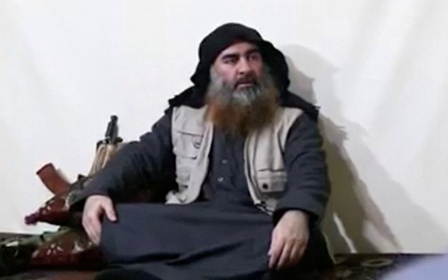Syrian Kurds to release 800 women and children from crowded al-Hawl camp

Authorities in a Kurdish-run camp in northeast Syria announced plans on Sunday to hand over 800 women and children, including relatives of Islamic State group (IS) militants, to their families in the first such transfer.
The women and children, all of them Syrians, are among 74,000 people living in the overcrowded al-Hawl camp, one of several camps in northeastern Syria whose numbers swelled as the final offensive by the US-backed Syrian Democratic Forces militia on IS's last major enclave in the country reached its conclusion.
They will be released on Monday and "taken to their families" at the request of local Arab tribes, according to Abd al-Mehbach, co-chair of the Kurdish administration's executive council.
Another wave of releases is expected to follow the Eid al-Fitr holiday on Tuesday marking the end of the Muslim holy month of Ramadan, as Kurdish authorities attempt to empty the camp of its Syrian residents, who number 30,000.
Speaking of the group that is set to leave on Monday, Mehbache told the AFP news agency that "not all of those being released are relatives of IS fighters" and that some sought refuge in the camps amid the humanitarian conditions brought on by the fierce fighting.
What to do with the vast number of people, among them suspected fighters, swept up amid IS's downfall has vexed authorities in Syria. There are fears that the congested camps could now emerge as a fresh powder keg of militancy.
Thousands of foreign fighters are being held in Kurdish-run prisons, with most countries showing a reluctance to see them return
'Outsourcing'
Meanwhile, Iraq is conducting trials of thousands of suspected IS fighters, including hundreds of foreigners.
On Sunday an Iraqi court sentenced two French men to death after finding them guilty of being members of IS, bringing the number of French citizens facing the death penalty in Iraq to nine, a prosecutor told Reuters. Another three are expected to face trial on Monday.
"There was sufficient evidence to hand down a death sentence. They both were fighters of the terrorist Islamic State organisation," the prosecutor said of the convictions, which can be appealed.
While President Emmanuel Macron's government has said that France respects Iraqi sovereignty, it opposes capital punishment and has intensified diplomatic efforts to prevent the death penalty being carried out.
French government spokeswoman Sibeth Ndiaye reiterated Sunday that officials were intervening "at the highest level" in the cases.
"France's position has been constant ... As soon as our citizens around the world face the possibility of a death sentence after a conviction, we intervene at the highest level of state," Ndiaye told Europe 1 television.
Nevertheless, rights groups have criticised the trials, claiming that Iraqi interrogators have carried out torture on suspects.
Human Rights Watch on Friday accused Iraqi interrogators of "using a range of torture techniques ... which would not leave lasting marks on the person's body".
It also condemned France's "outsourcing" of trials of IS suspects to "abusive justice systems" and criticised Iraq's "routine failure ... to credibly investigate torture allegations".
French suspect Tahar Aoidate, among 11 French citizens and one Tunisian handed over to Iraq in January by the SDF, alleged during his hearing that he was beaten to “confess” to the charges levelled against him.
Iraqi law provides for the death penalty for anyone joining a "terrorist group" - even those who did not take up arms.
Iraq has sentenced more than 500 suspected foreign members of IS since the start of 2018.
Its courts have condemned many to life in prison and others to death, although no foreign IS members have yet been executed.
Middle East Eye delivers independent and unrivalled coverage and analysis of the Middle East, North Africa and beyond. To learn more about republishing this content and the associated fees, please fill out this form. More about MEE can be found here.




